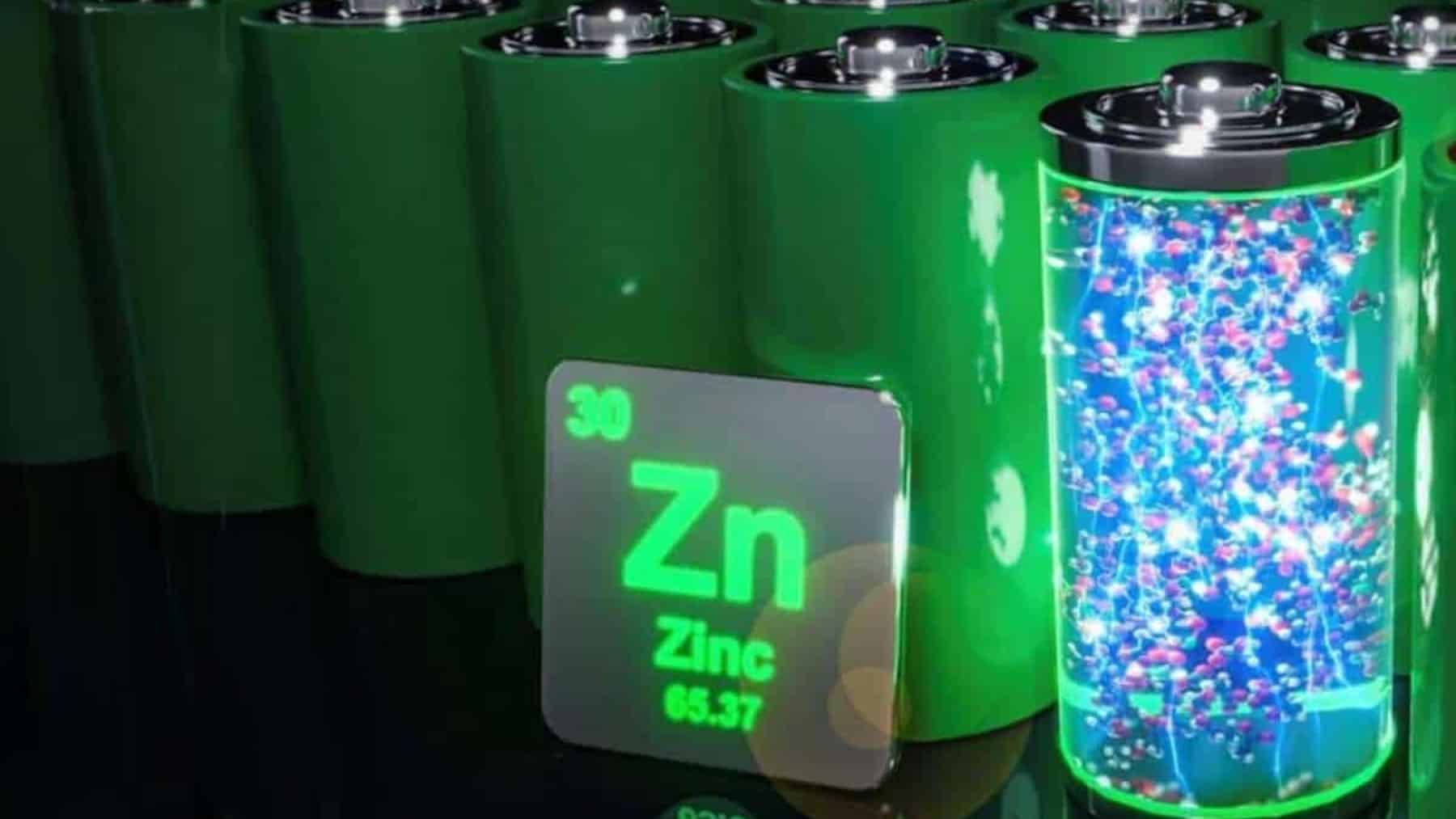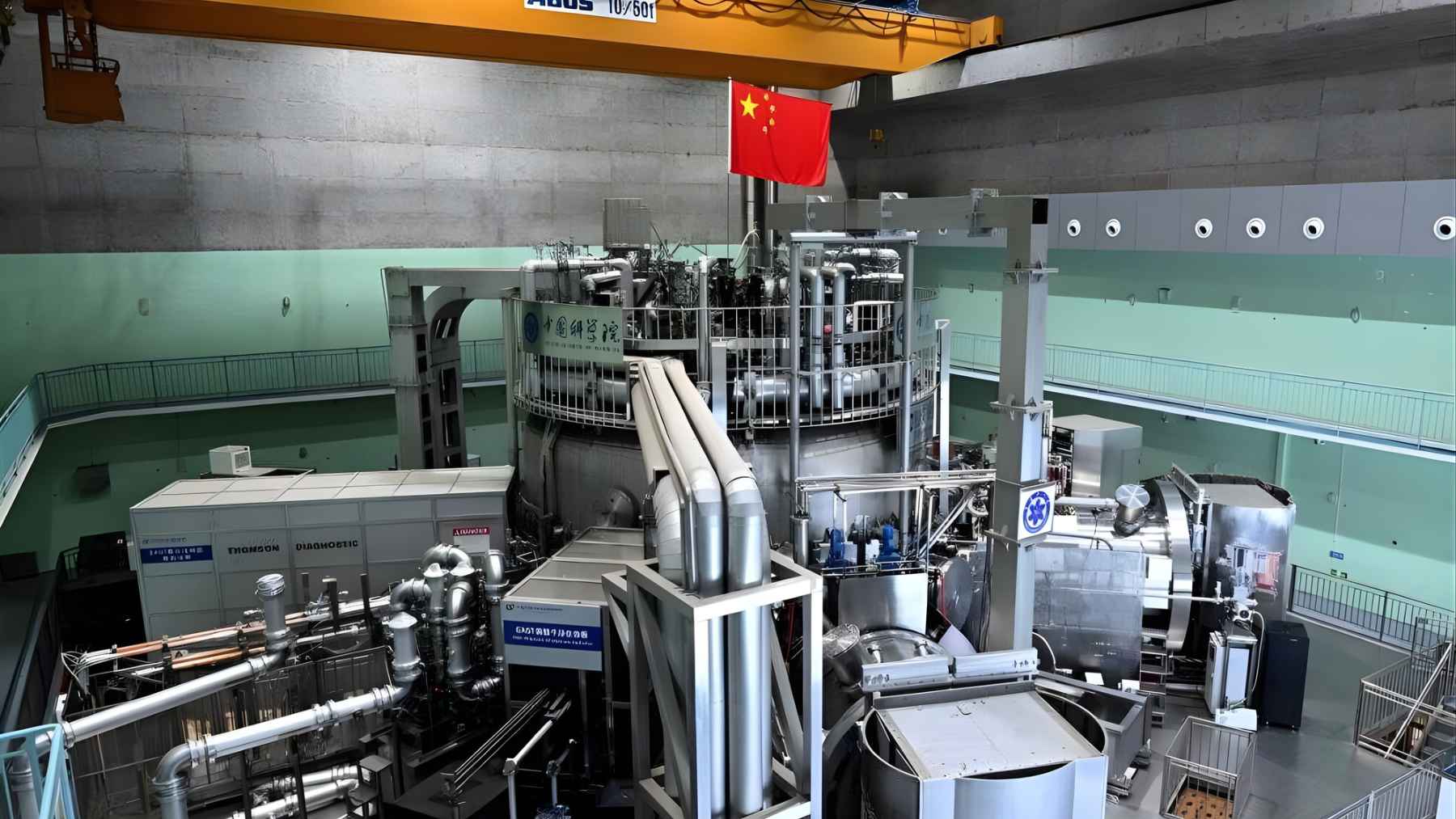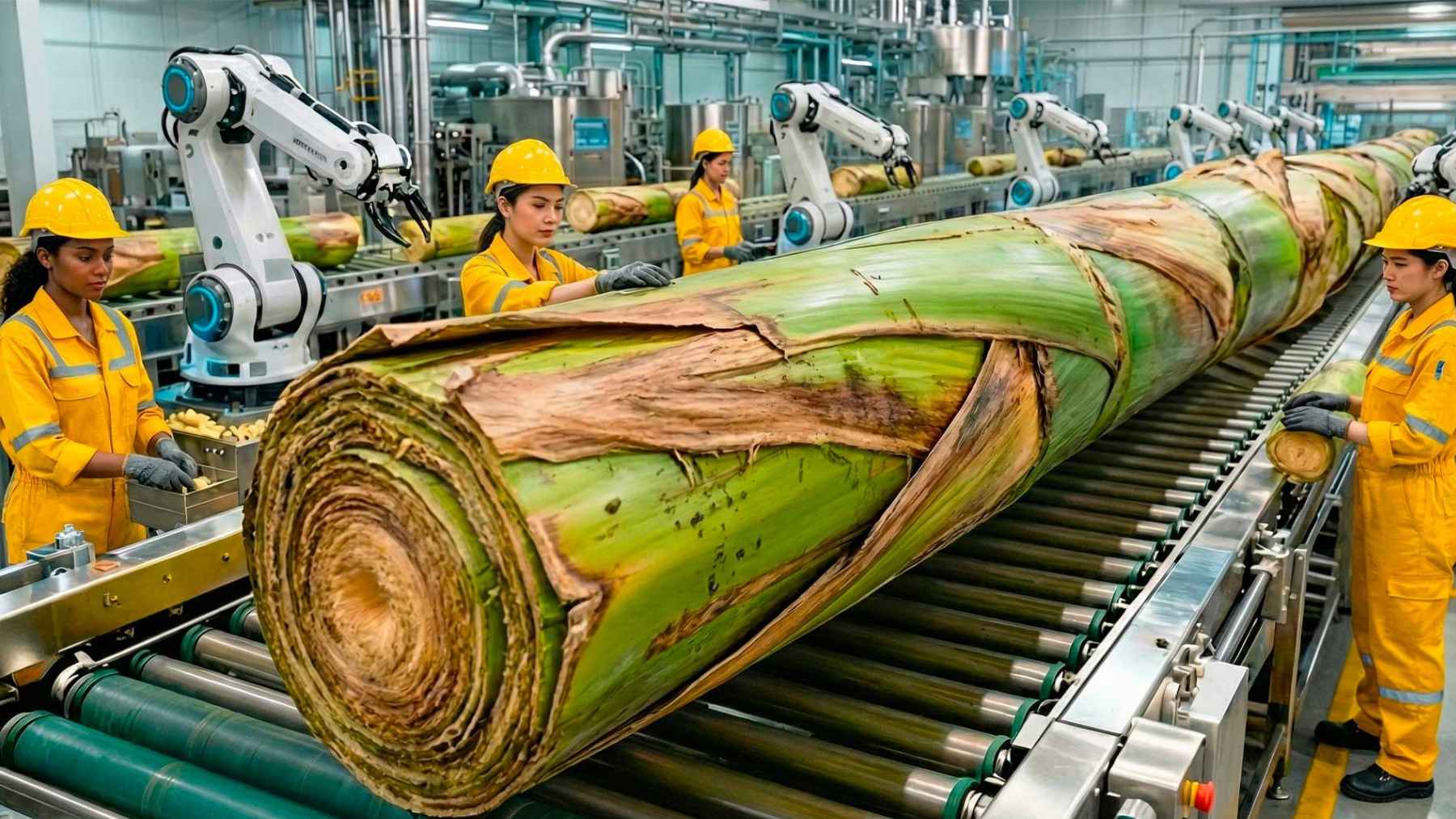America recently announced a $1 billion project that seeks to provide power for over 2.3 million homes using natural gas pipelines. Japan is heavily committed to hydrogen as its primary energy source. All the while, India is focused on its own device, which appears to be going under the radar, but as more people learn about it, it is likely to overshadow the energy sources used by other countries. India is aiming to generate power from air with a mysterious device.
Comparing America, Japan, and India’s approaches toward energy production
America and Japan are countries that rely more on fossil fuels than on clean energy, whereas India is more dependent on clean energy. This means that most of the energy production projects in the US and Japan are centred around producing more fossil fuels since it is what the people depend on. On the surface, it may seem as though America and Japan are not concerned with preserving the earth by minimizing fossil fuel emissions, but this is not necessarily the case.
Simply put, America and Japan understand the importance of eliminating climate change caused by fossil fuels, but they have not fully turned toward clean energy because of the short-term economic benefits brought by fossil fuels. For instance, America is leveraging state-level mandates to trigger clean energy investments, whereas Japan has popularised the Green Transformation Revolution that seeks to promote clean energy. While America and Japan are moving back and forth between clean energy and fossil fuels investments, India has remained committed to its cause of ensuring that there is more clean energy production compared to fossil fuels. Hence, it’s not much of a surprise that India has unleashed a rare device that seeks to harvest power from the air.
An analysis of India’s mystery device that promises to harvest power from the air
India has received worldwide praise for its dedication toward technological advancement, so it was only a matter of time before the country’s innovations impacted the energy industry. The mystery device that India developed is known as the zinc air battery device that generates power from drawing natural air into it. Scholars from the Indian Institute of Science were credited for conducting the extensive research that led to the development of the battery device. Although the device was created with the intent of fostering clean energy production, an argument can be made that it serves multi-purposes which might strengthen the overall clean energy initiative. For instance, the device could play a pivotal role in reducing water pollution, and it is able to generate hydrogen peroxide in an untraditional, safe manner, which is not expensive and, more importantly, does not cause damage to the environment.
The intricacy of India’s zinc air battery that generates power from air
The concept of generating power from air is one that many people might have pushback on because it sounds too good and too simple to be true. So, how exactly does India’s zinc air battery device generate power from air? Oxygen from the natural air enters the battery device and produces ions that eventually react with zinc to produce electricity.
Assessing the manufacturing process of India’s zinc-air battery device
It is reasonable for a person to assume that India’s zinc air battery device is too complex to manufacture or too expensive. However, at this moment in time, the device is simple to manufacture. Whilst America runs on gas and Japan on hydrogen, India has publicly demonstrated that if all the countries in the world are equally concerned about the environment, it is not costly or complex to generate clean energy.
India’s zinc air battery device means that they have entered a new realm as one of the influential figures in the clean energy industry. The device possesses an endless potential to solve multiple challenges in the energy industry, particularly related to production and storage. As America relies on gas and Japan on hydrogen, India is sticking to its own lane, which might be fruitful, but cannot guarantee short-term success. Eventually, the entire world might have no choice but to turn toward the zinc air battery device.















